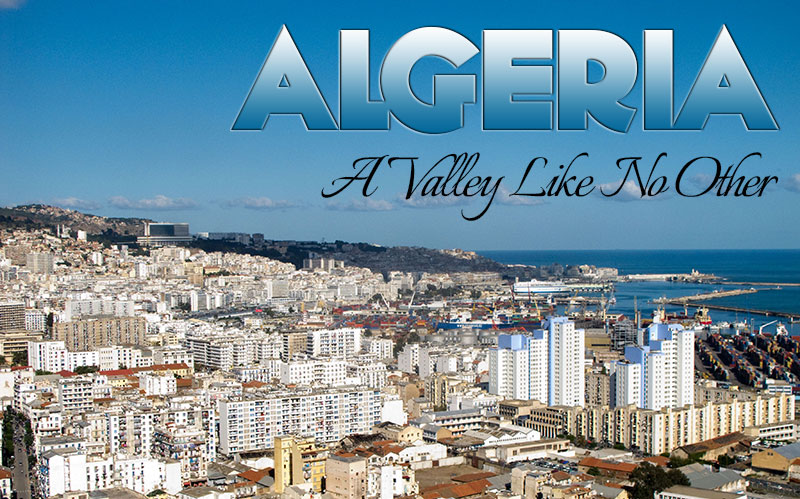Algeria is not often considered as a nation for technology. As the largest country in Africa, a majority of the country’s land remains undeveloped for human living. 90% of Algeria’s population lives in about one-eighth of the country, and in 2014, only 18.1% of Algerians were connected to the Internet. Algérie Telecom, one of the country’s top Internet service providers, charges close to 500 USD per month for a small 1mbps connection. Algeria’s financial system is also still underdeveloped in the aftermath of the 1991 Algerian Civil War. This combination of factors means aspiring Algerian entrepreneurs have to work much harder to achieve success.
The scarcity of potential investors and venture capitalists, along with the country’s double-digit unemployment rate, causes many entrepreneurs to work regular 9-to-5 jobs while building their startup projects. Not only does this slow down the building process, but it also risks the project’s technological advantage in the market. Government competency is yet another challenge entrepreneurs face. AutoPub founder Lamine Ghemati says that the Algerian government “[has] too many lack of laws” and the legality of new ideas is highly prone to questioning. “People receive any new idea by forbidding it pretexting [sic] that it is not legal,” he added, making it more difficult for entrepreneurs to acquire essential documents needed to build their business.
According to Ghemati, Algeria is “very late in the banking ecosystem.” Most areas in Algeria do not have electronic payments yet, making it more complex for startups to receive funding from international sources (e.g., crowdfunding). In areas where electronic payments are available, Ghemati said it is “very restrictive.” These hurdles cause entrepreneurs to seek help in other ways, such as flying to another country where launching a startup may be more feasible.
Building AutoPub and keeping the company afloat was not an easy feat for Ghemati and his team, and the concerns on Algerian bureaucracy didn’t help. Ghemati and his team’s dedication and the public support for their product helped them to where they are today. According to Ghemati, “there are hundreds of talented young Algerians creating startups every day” and thankfully, modernization is slowly making things easier.
Other Algerian entrepreneurs like Kamel Haddar are encouraging young minds and helping them hone their creativity. In 2010, Haddar founded the Algerian Talents and Leaders Association, a nonprofit organization management that helps the youth and aspiring entrepreneurs find a support system. Although Haddar grew up in France, he says “I am very close to my origin and I love Algeria.”
The government is also lending its support to fostering this modern socio-cultural ecosystem. In 2009, the national government founded CyberParc de Sidi Abdellah, a public incubator 30 kilometers south of Algiers that offers free business and legal development advice, marketing and entrepreneurship training, as well as low-cost office space. Another business incubator from the government is ANSEJ, which “provides funding and extremely competitive financing for entrepreneurs whose companies will employ at least three people,” according to VICE.
In 2015, the Algerian government in partnership with the United Nations Institute for Training and Research developed a training program for young graduates. The Ibtikari programme consists of two stages: the Entrepreneurship Education and the Training for Entrepreneurship; different training stages which take five days each to complete. The program also has strong sustainable development goals, one of which is to improve the skills of young graduates and prepare them for every entrepreneurial opportunity that will come their way. Early this year, a second wave of Ibtikari Program was conducted, successfully training 94 young individuals.
As you can see, Algeria is on its way to supporting startups and entrepreneurship. It is a young market, but it is conducive to economic growth in the years to come. Startups, non-profit organizations, and the government are working together towards this common goal — proof that Algeria is a country filled with great minds and talents that are waiting to be unleashed into the world.



